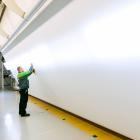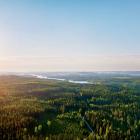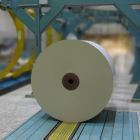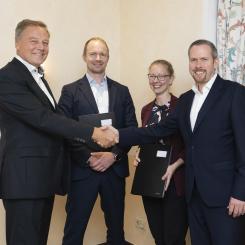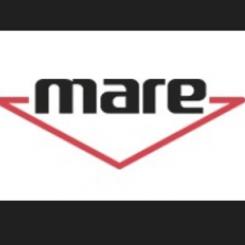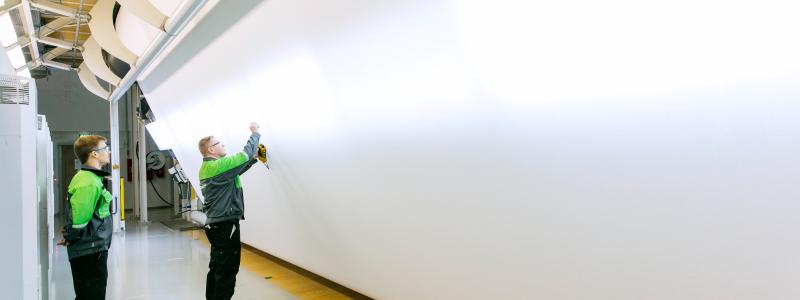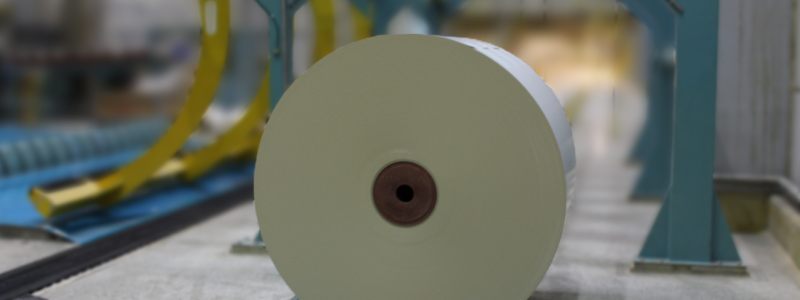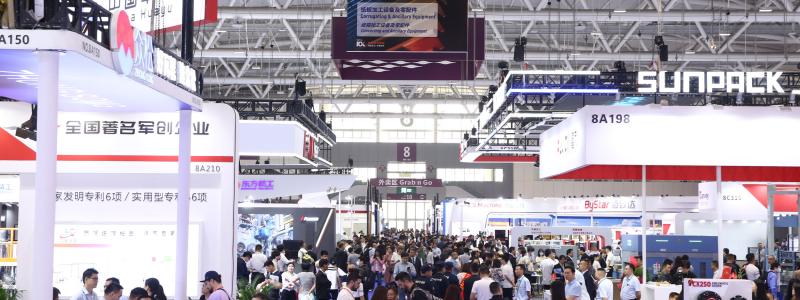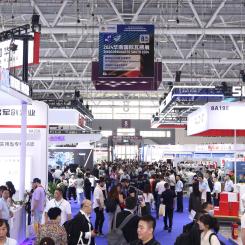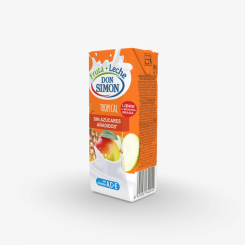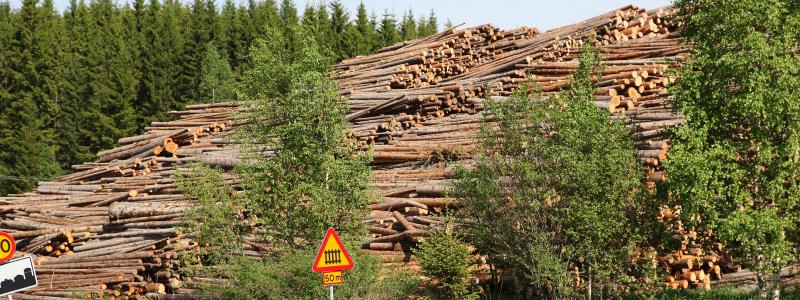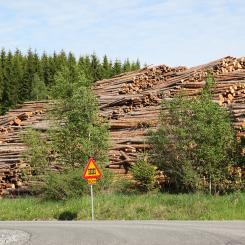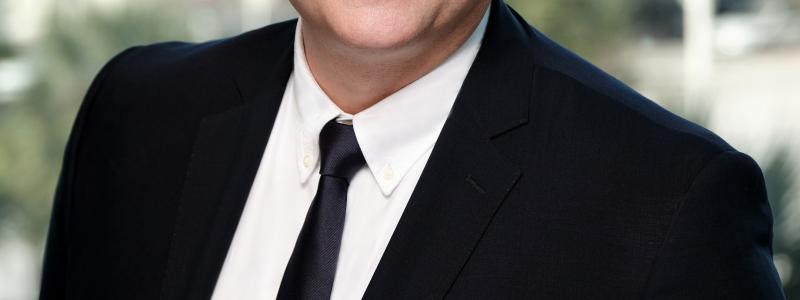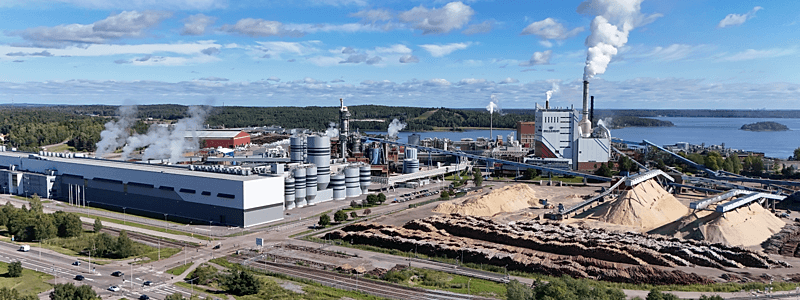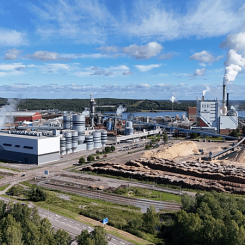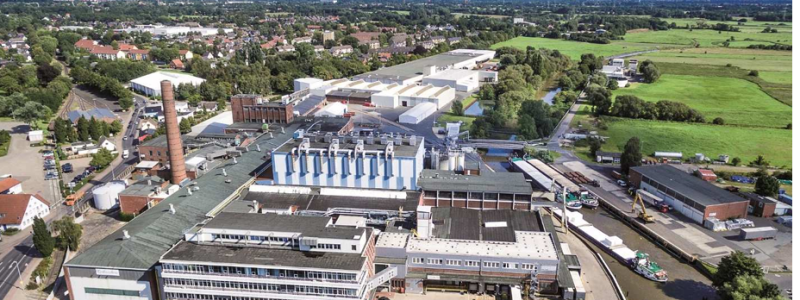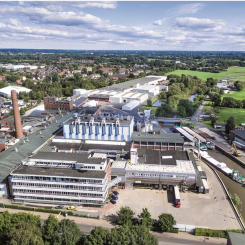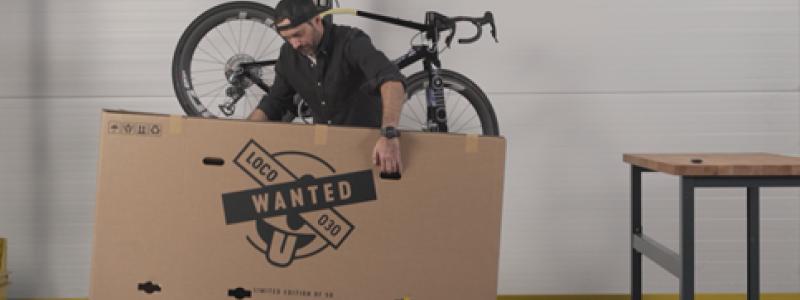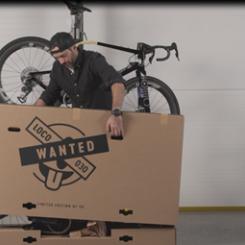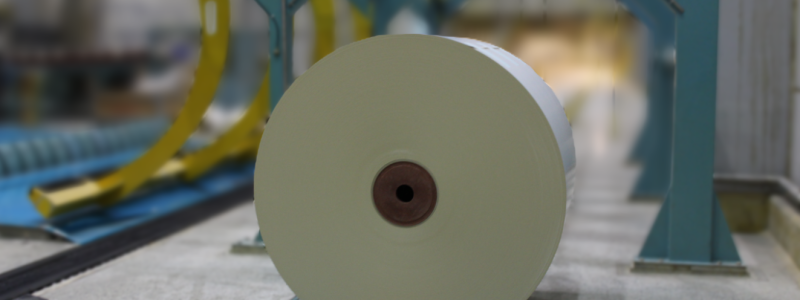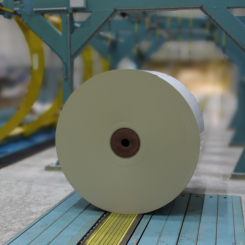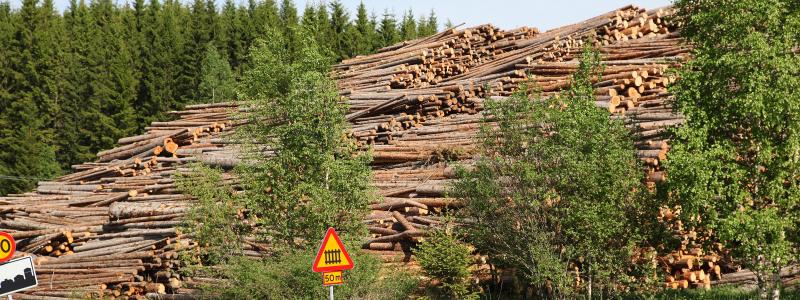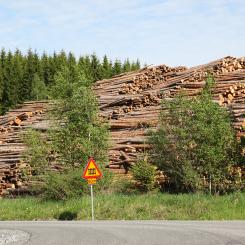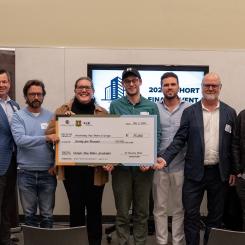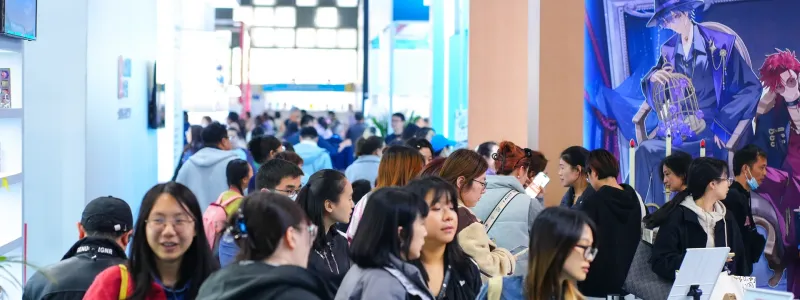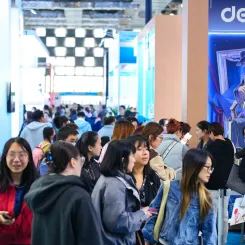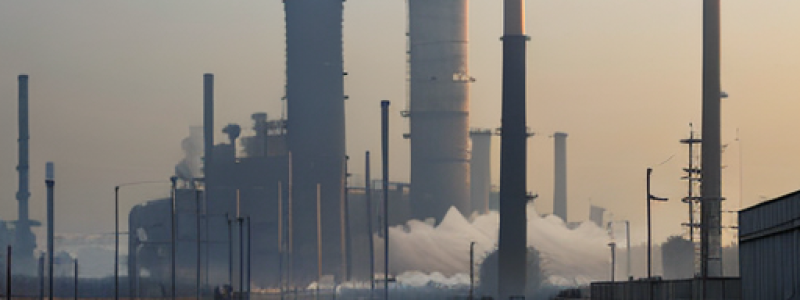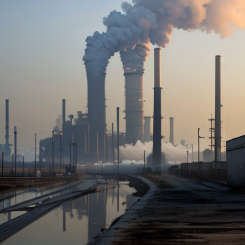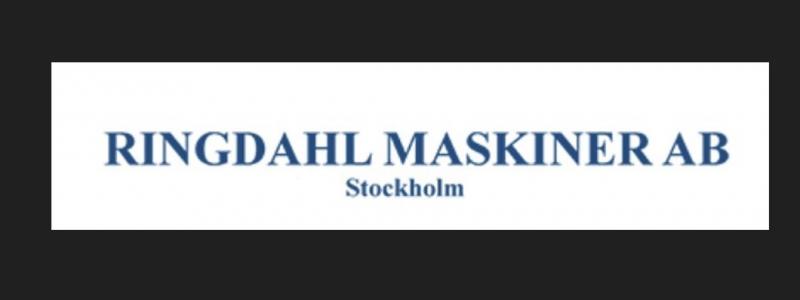BASF has demonstrated its strength in the global economic crisis through the successful integration of Ciba, by further increasing research and development expenditures, and by investing in growth markets. "We have shown that we have the right strategy. We are therefore confident that we will succeed in further strengthening BASF’s leading position," said BASF’s Chairman Dr. Jürgen Hambrecht at the company’s Annual Press Conference.
The capital market has recognized BASF’s solid performance and clear strategy. Following a difficult start, BASF’s share price developed well in the course of 2009. With an increase of 57 percent, or 67 percent with dividends reinvested, BASF shares performed considerably better in 2009 than the averages for the DAX 30 and EURO STOXX 50 indices.
After the dramatic drop in late 2008 and the further decline at the beginning of 2009, the capacity utilization of BASF’s plants was at a historic low in large parts of the business. Demand recovered over the course of the year, especially in Asia. Thanks to quick and decisive measures to adjust capacities and increase efficiency, BASF was able to stabilize and improve earnings from quarter to quarter.
In 2009, sales declined by 19 percent to €50.7 billion. All segments posted lower sales with the exception of Performance Products and Agricultural Solutions.
Income from operations (EBIT) before special items fell by 29 percent to €4.9 billion. The Plastics segment improved earnings slightly, while Agricultural Solutions even achieved a new record. Earnings declined in the remaining segments, in some cases considerably.
Overall, BASF fell just short of achieving its goal of earning a premium on its cost of capital due to the costs for the integration of Ciba.
A solid balance sheet and financial strength have always been traditional strengths of BASF. Cash provided by operating activities rose further by €1.3 billion to almost €6.3 billion – a new record. This was primarily due to the company’s success in reducing net working capital. Free cash flow – after deduction of payments related to property, plant and equipment and intangible assets – was also very high at €3.8 billion. Despite the Ciba acquisition, BASF still has a very solid equity ratio of 36 percent.

